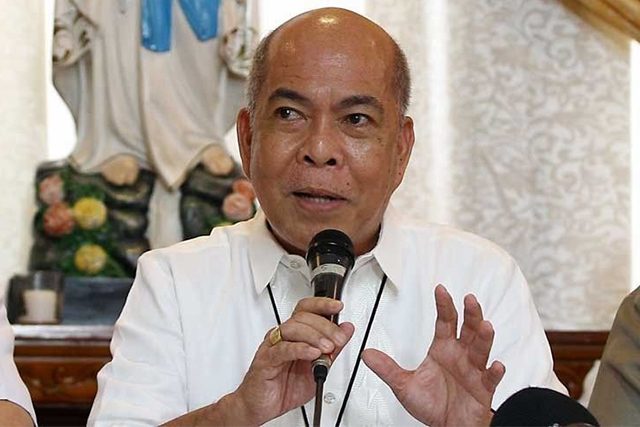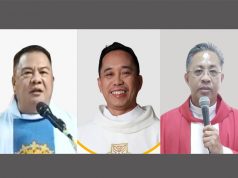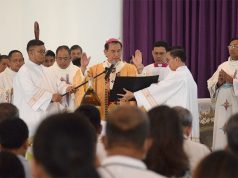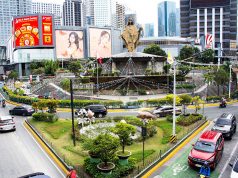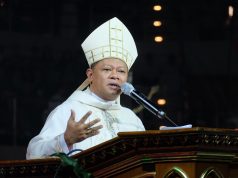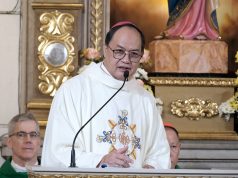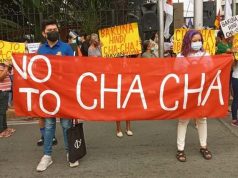Outgoing Catholic Bishops Conference of the Philippines (CBCP) Archbishop Romulo Valles of Davao reminded bishops of synodality involving dioceses worldwide ahead of the Synod of Bishops at the Vatican in 2023.
Valles emphasized that the Catholic bishops and faithful in the country have kickstarted this exercise of synodality.
“In our diocesan synods, in our regular diocesan pastoral assemblies and consultations, in our building and development of BECs (basic ecclesiastical communities) in far-flung areas and poor communities – we have been trying to deepen our sense of being church, our sense of journeying together as God’s people,” Valles said in his message for the 122nd plenary assembly on July 8.
Valles said that Pope Francis will formally open the synodal process in October.
“This coming October 10, the Holy Father will formally open the process that will lead us to the Synod of Bishops in 2023. This is described as a very synodal process. In its more than 50 years of existence; it is the first time that a Synod is prepared in this way,” Valles said.
According to 1983 Code of Canon Law, the Synod of Bishops is “a group of bishops who have been chosen from different regions of the world and meet together at fixed times to foster closer unity between the Roman Pontiff and bishops.”
It also “assists the Roman Pontiff with their counsel in the preservation and growth of faith and morals and in the observance and strengthening of ecclesiastical discipline, and to consider questions pertaining to the activity of the Church in the world.”
Valles said the “Synod on Synods” will allow prelates more time “to seriously reflect, appreciate and pray over the reality of Synodality in the life of the Church.”
The Davao archbishop also echoed Pope Francis’ message in 2015 about the “first level the exercise of synodality which is had in the particular Churches.”
“After mentioning the noble institution of the Diocesan Synod, in which priests and laity are called to cooperate with the bishop for the good of the whole ecclesial community, the Code of Canon Law devotes ample space to what are usually called “organs of communion” in the local Church: the presbyteral council, the college of consultors, chapters of canons and the pastoral council,” Valles said.
“Only to the extent that these organizations keep connected to the “base” and start from people and their daily problems, can a synodal Church begin to take shape: these means, even when they prove wearisome, must be valued as an opportunity for listening and sharing,” he added.
CBCP elects new officers
Caloocan Bishop Pablo Virgilio David was elected as the new CBCP head. He succeeded Valles, who held the post since December 2017.
READ: Bishop David elected CBCP president
The collegial body of bishops also named Pasig Bishop Mylo Hubert Vergara as CBCP vice president.
Palo Archbishop John Du will serve as CBCP Treasurer. Msgr. Bernardo Pantin and Fr. Carlo del Rosario was named as Secretary General and Assistant Secretary General/Assistant Treasurer, respectively.
Other regional representatives of CBCP can be read here.
In December this year, the newly elected officials will formally assume their post, with a two-year tenure in office. Their term will end on Nov. 30, 2023.
Considered as the highest-decision-making body of CBCP, the plenary assembly meets twice a year in January and July for their regular sessions.
The Permanent Council acts for and on behalf of the entire organization when the plenary assembly is not in session.
The bishops veered away from the onsite plenary assembly and held their convened virtually through Zoom due to the prevailing COVID-19 pandemic.
The CBCP is currently composed of 87 active bishops, two diocesan administrators, and 41 honorary members.

